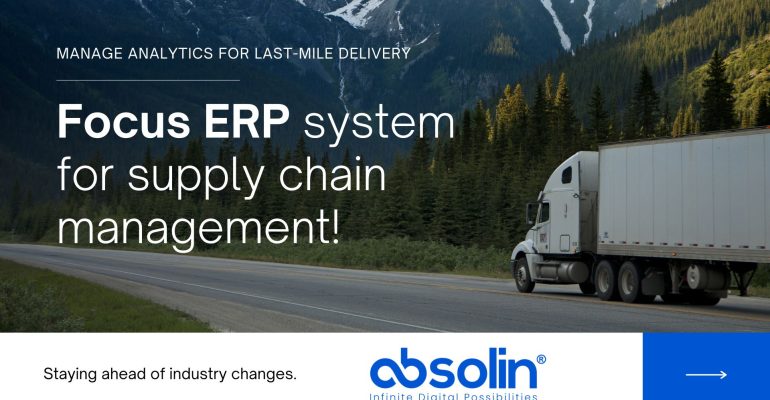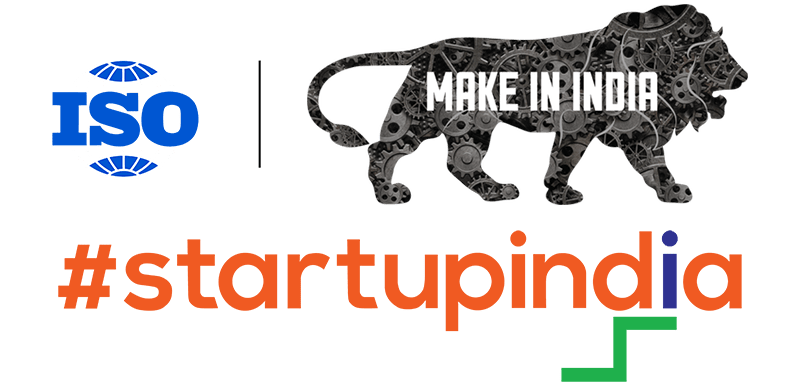ERP Features That Can Help You Manage Your Supply Chain More Effectively
February 20, 2024 2024-02-20 11:26ERP Features That Can Help You Manage Your Supply Chain More Effectively
In today’s global marketplace, efficient supply chain management is essential for businesses to remain competitive and meet customer demands. Enterprise Resource Planning (ERP) systems play a crucial role in streamlining supply chain operations by providing visibility, control, and integration across the entire supply chain network. In this blog, we’ll explore key ERP features that can help you manage your supply chain more effectively and drive business success.
1. Inventory Management:
Effective inventory management is vital for optimizing supply chain performance. ERP systems offer robust inventory management capabilities, allowing businesses to track inventory levels, monitor stock movements, and optimize reorder points. With real-time visibility into inventory data, businesses can minimize stockouts, reduce excess inventory, and improve inventory turnover rates.
2. Demand Planning and Forecasting:
Accurate demand planning and forecasting are essential for aligning supply with demand and optimizing inventory levels. ERP systems leverage historical sales data, market trends, and predictive analytics to forecast future demand more accurately. By integrating demand planning and forecasting capabilities, businesses can minimize stockouts, reduce excess inventory, and improve customer satisfaction.
3. Supplier Relationship Management:
Strong supplier relationships are critical for ensuring a reliable and efficient supply chain. ERP systems enable businesses to manage supplier information, track supplier performance, and collaborate with suppliers more effectively. By centralizing supplier data and communication, businesses can streamline procurement processes, negotiate better terms, and mitigate supply chain risks.
4. Order Management:
Efficient order management is essential for delivering products to customers on time and in full. ERP systems provide comprehensive order management capabilities, allowing businesses to process orders, track order status, and manage order fulfillment seamlessly. With integrated order management, businesses can improve order accuracy, reduce lead times, and enhance customer satisfaction.
5. Warehouse Management:
Optimized warehouse management is critical for maximizing operational efficiency and reducing logistics costs. ERP systems offer warehouse management features such as inventory tracking, picking and packing, and warehouse layout optimization. By automating warehouse operations and optimizing space utilization, businesses can improve inventory accuracy, reduce fulfillment errors, and increase productivity.
6. Supply Chain Analytics:
Data-driven insights are essential for identifying opportunities for improvement and optimizing supply chain performance. ERP systems provide advanced analytics and reporting capabilities, allowing businesses to analyze key performance indicators (KPIs), identify trends, and track supply chain metrics in real time. By leveraging supply chain analytics, businesses can make informed decisions, optimize processes, and drive continuous improvement.
7. Compliance and Risk Management:
Ensuring compliance with regulations and mitigating supply chain risks are critical for protecting business interests and maintaining customer trust. ERP systems offer compliance and risk management features such as regulatory compliance tracking, risk assessment, and supplier risk management. By proactively managing compliance and risks, businesses can avoid costly penalties, disruptions, and reputational damage.
8. Integration with Third-Party Logistics Providers:
Many businesses rely on third-party logistics (3PL) providers to manage transportation, warehousing, and distribution activities. ERP systems offer integration capabilities to seamlessly connect with 3PL systems and exchange data in real time. By integrating with 3PL providers, businesses can improve visibility, collaboration, and efficiency across the supply chain network.
Conclusion:
In conclusion, ERP systems offer a wide range of features that can help businesses manage their supply chain more effectively and drive business success. From inventory management and demand planning to supplier relationship management and supply chain analytics, ERP systems provide the tools and capabilities businesses need to optimize supply chain operations, reduce costs, and enhance customer satisfaction.
By leveraging the key ERP features outlined in this blog, businesses can gain a competitive edge, improve operational efficiency, and achieve greater agility in today’s dynamic business environment. Investing in an ERP system with robust supply chain management capabilities is essential for businesses looking to thrive in the digital age.






